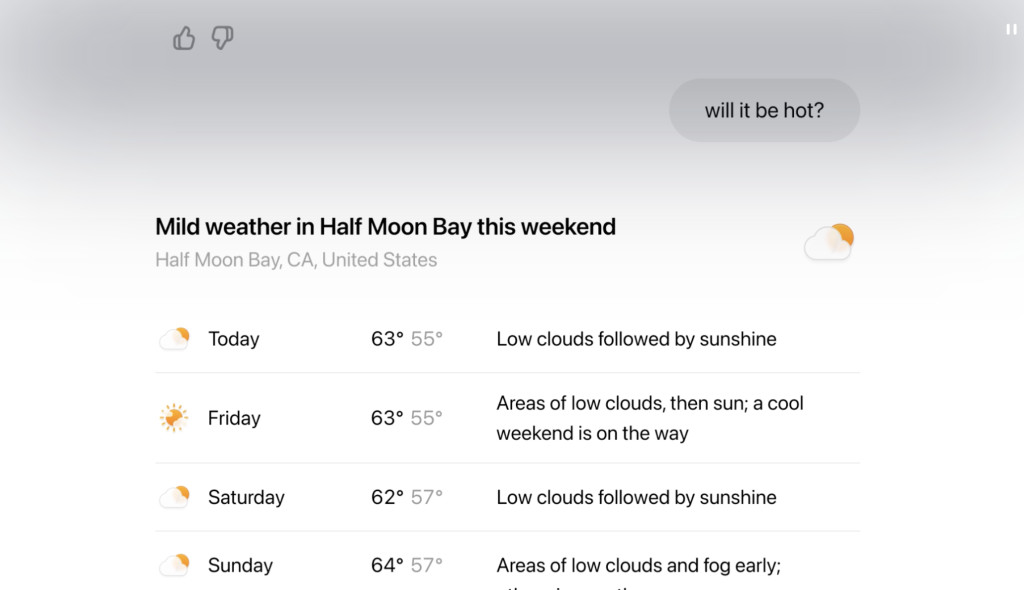OpenAI has recently announced the development of SearchGPT, a groundbreaking prototype that revolutionizes how users search for information online. This new AI-driven search feature combines the strengths of OpenAI’s conversational models with real-time web data, promising to deliver fast, accurate, and contextually relevant answers.
SearchGPT is currently in a testing phase and is available to a limited group of users and publishers. The objective is to gather feedback and refine the feature before its potential integration into ChatGPT. OpenAI envisions SearchGPT as a tool that enhances the search experience and facilitates easier and faster access to information. By joining the waitlist, interested users can participate in this innovative journey.
Traditional web searches often require multiple attempts and considerable effort to find precise results. SearchGPT aims to alleviate this by leveraging AI to understand & respond to user queries conversationally. The system is designed to provide immediate, up-to-date information from the web, complete with clear links to relevant sources. This approach ensures that users receive concise and accurate answers, reducing the time and effort typically associated with online searches.
One of SearchGPT’s standout features is its ability to handle follow-up questions like a human conversation. This interactive capability allows the AI to build context with each query, providing more personalized and relevant responses. This conversational interface is expected to make searching more intuitive and user-friendly.
OpenAI is committed to maintaining a thriving ecosystem for publishers and content creators. By integrating high-quality content in a conversational search interface, SearchGPT aims to enhance user engagement and discovery of publisher sites. This collaboration ensures that AI searches respect and promote reliable journalism and content creation.
In addition to enhancing the search experience, OpenAI has introduced mechanisms for publishers to manage their appearance in SearchGPT. This includes options for publishers to control their participation in generative AI training. Importantly, even if sites opt out of generative AI training, they can still appear in search results, ensuring broader inclusion and flexibility for content creators.
OpenAI is also committed to transparency and continuous improvement. Feedback from publishers and users will play a crucial role in refining SearchGPT. OpenAI has opened channels for feedback and is dedicated to sharing insights and performance metrics with publishers, helping them understand and engage effectively with AI search products.
As SearchGPT evolves, OpenAI plans to enhance its capabilities in local information and commerce areas. The ongoing feedback from users and publishers will be instrumental in shaping the final product. OpenAI aims to incorporate the best aspects of the SearchGPT prototype into ChatGPT, further enriching the user experience.
In conclusion, SearchGPT, by combining conversational AI with real-time web information, OpenAI is poised to transform how users access & interact with online content. The commitment to partnering with publishers and ensuring high-quality, reliable information underscores OpenAI’s dedication to creating a balanced and effective AI search ecosystem.
Check out the Details. All credit for this research goes to the researchers of this project. Also, don’t forget to follow us on Twitter and join our Telegram Channel and LinkedIn Group. If you like our work, you will love our newsletter..
Don’t Forget to join our 47k+ ML SubReddit
Find Upcoming AI Webinars here
The post OpenAI Announces SearchGPT Prototype: An AI-Powered Search Engine Transforming Web Searches with Real-time Information and Enhanced Conversational AI Capabilities appeared first on MarkTechPost.
Source: Read MoreÂ


